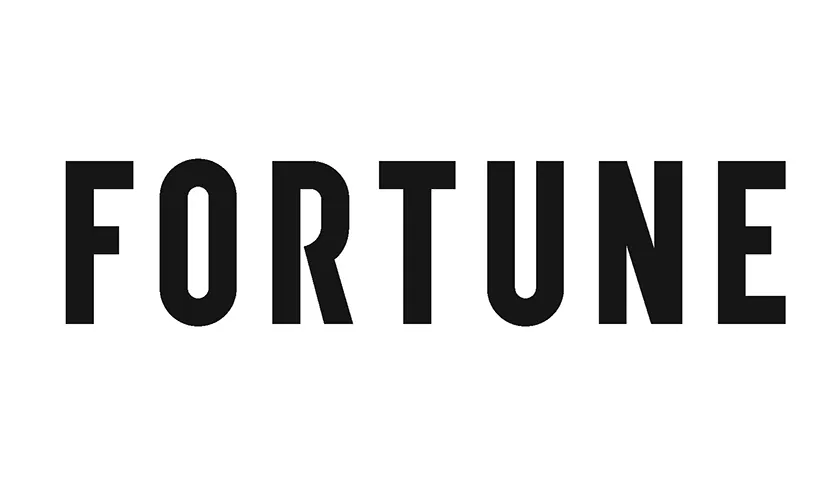Relevant News
Are Companies Firing Gen Z Employees—Or Failing to Manage Them?

A recent Fortune article by Orianna Rosa Royle, showcases the distress generational shift is causing in the current workplaces. Companies are firing Gen Z employees. But is the problem truly with Gen Z’s work ethic, or are companies failing to adapt to a workforce with different expectations, values, and skills?
Royle delves into why some employers are struggling with young professionals, citing complaints about work ethic, communication styles, and a perceived lack of commitment. At the same time, Gen Z workers argue that many workplaces fail to provide clear expectations, career growth, and flexibility. Traits, that have become non-negotiable for the newest generation in the workforce.
So, what’s truly happening? Are companies dealing with a genuine talent problem, or is this a failure of leadership to engage a generation that grew up with digital fluency and alternative career paths?
This conversation raises crucial questions:
- Are companies setting clear expectations, or is Gen Z being held to an outdated standard of professionalism?
- How does workplace culture impact retention for younger employees?
- What strategies can businesses implement to bridge generational gaps in communication and work style?
Understanding these dynamics isn’t just about Gen Z, it’s about the future of work. As businesses struggle with retention and talent development, this debate offers key insights into how leadership, workplace flexibility, and professional development must evolve.
At Xapa, we believe the key to a thriving workforce isn’t about placing blame, it’s about building bridges. Our mission is to equip young professionals with the tools they need to succeed while helping organizations adapt to a rapidly changing professional environments. From soft skills development to leadership training, we focus on fostering environments where all generations can thrive together.
Read the full Fortune article here to explore the reasons behind this trend and what it means for the modern workplace.


